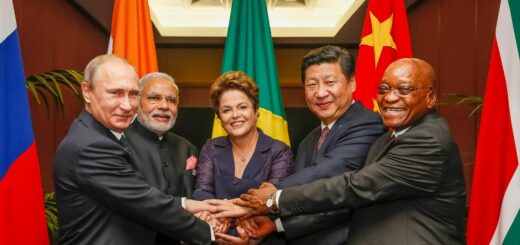Does ZNBC still enjoy Broadcasting Monopoly, asks Brendah Bukowa?
Notice: Undefined index: catFilterList in /home/zambi/public_html/wp-content/plugins/wp-likes/api.php on line 243

Brendah Bukowa
Is ZNBC still holding monopoly in Broadcasting? Find below the manuscript. Happy reading!
DOES ZNBC STILL ENJOY BROADCASTING MONOPOLY?
Last week i was discussing with colleagues on the recent developments in the broadcasting sector.
I remember vividly one of my friends saying, “ZNBC is a national broadcaster and still has monopoly in terms of audience figures”.
Another friend of mine interjected by saying “that is a much contested position because today’s ZNBC unlike the ZNBC of the period before the year 1996 has competition from several other media houses.”
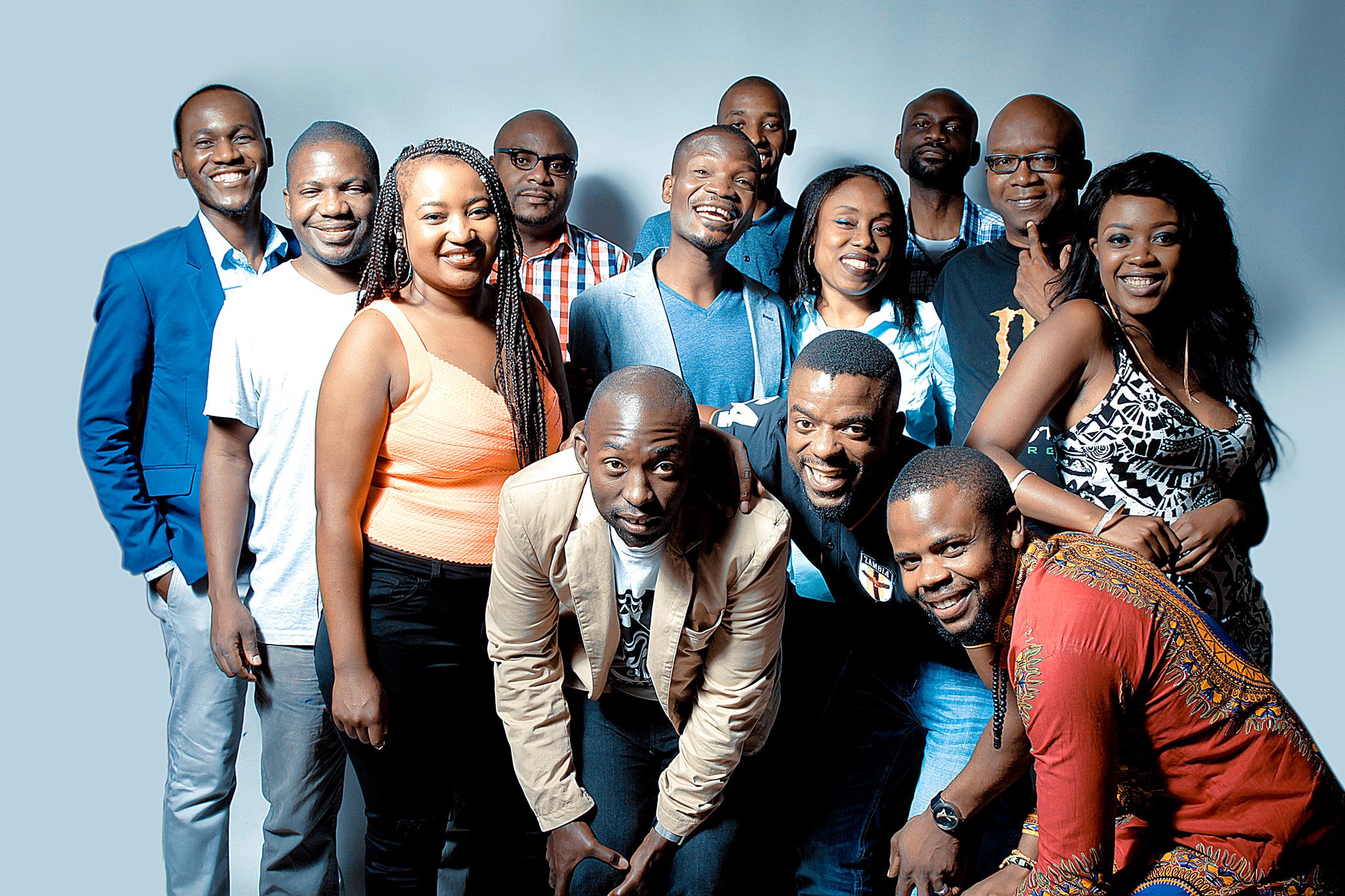
Phoenix FM Zambia 1996 Limited
The latter position makes a lot sense and this week I ask the question, “is ZNBC still holding monopoly in the broadcast sector?”
The Zambia National Broadcasting Corporation (ZNBC) founded in 1941 as Zambia Broadcasting Services (ZBS) was established in 1987 under an Act of Parliament transforming ZBS from being a Government Department under the Ministry of Information and Broadcasting Services into a statutory body called the Zambia National Broadcasting Corporation.
This move meant that the Broadcaster was transformed from being a state-owned entity to a public entity or one owned by Zambians – the feasibility and practicality of this needs another article to digest, so we won’t get into the nitty-gritties of what state owned and public ownership means for ZNBC.
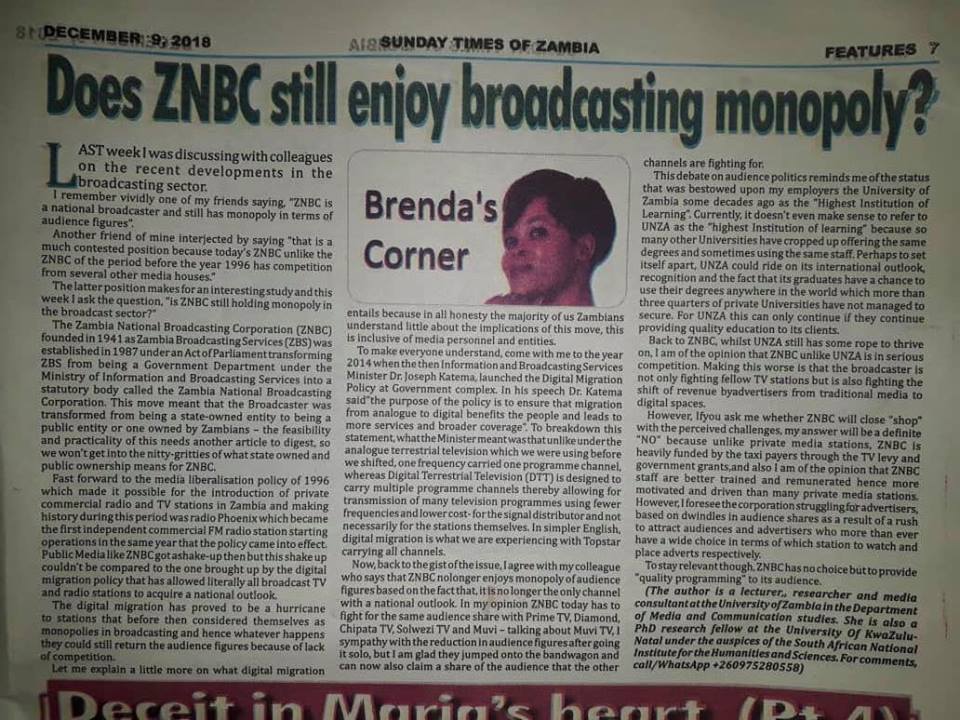
DOES ZNBC STILL ENJOY BROADCASTING MONOPOLY asks Brendah Bukowa

Radio 89.1MHz, 5FM 89.9MHz and now Radio Phoenix 89.5FM Mike Sichula Journalist and Zambia National Broadcasting Corporation (ZNBC) Journalist Brian Mwale at the enviable 2017 Rural Electrification Authority Media Awards at Radisson Blu Hotel Lusaka Thursday 22nd February 2018 Picture by Rainbow Zambia Derrick Sinjela www.rainbownewszambia.com – Zambian Developmental Media Alliance (ZADEMA)
Fast forward to the media liberalisation policy of 1996 which made it possible for the introduction of private commercial radio and TV stations in Zambia and making history during this period was Radio Phoenix which became the first independent commercial FM radio station starting operations in the same year that the policy came into effect. Public Media like ZNBC got a shake-up then but this shake up couldn’t be compared to the one brought up by the digital migration policy that has allowed broadcast media to acquire a national outlook.
The digital migration has proved to be a hurricane to the broadcast sector that before then considered themselves as monopolies in broadcasting and whatever happens they could still return the audience figures because of lack of competition.
Let me explain a little more on what digital migration entails because in all honesty the majority of us Zambians understand little about the implications of this move, this is inclusive of media personnel and entities.
To make everyone understand, come with me to the year 2014 when the then Information and Broadcasting Services Minister, Dr. Joseph Katema launched the Digital Migration Policy at Government complex.
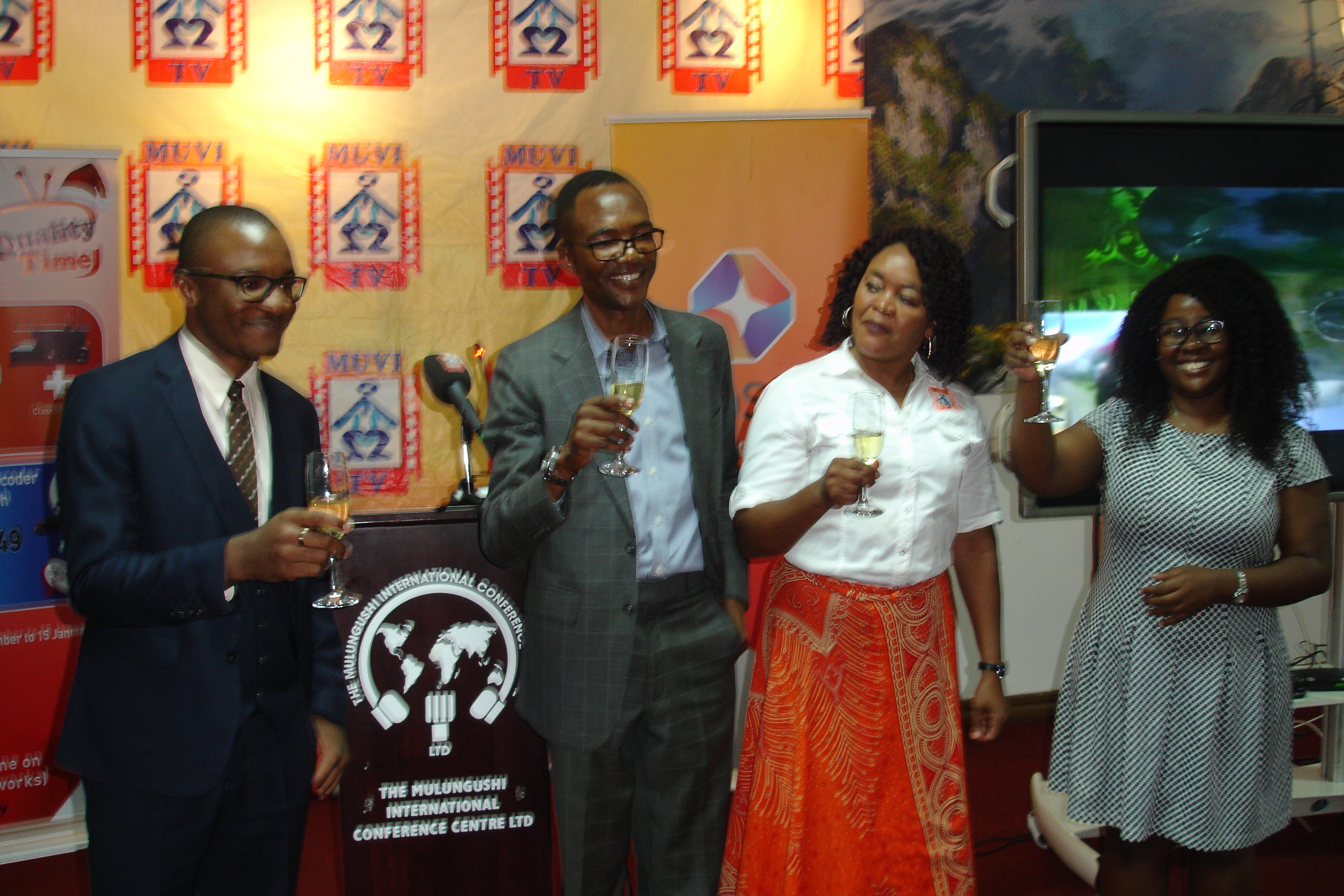
Muvi TV 2 Channel launch on TopStar MICC Lusaka Friday 16th November 2018 – pix Derrick Sinjela
In his speech Dr. Katema said “the purpose of the policy is to ensure that migration from analogue to digital benefits the people and leads to more services and broader coverage”.
To breakdown this statement, what the Minister meant was that unlike under the analogue terrestrial television which we were using before migration, one frequency carried one programme channel, whereas Digital Terrestrial Television (DTT) is designed to carry multiple programme channels thereby allowing for transmission of many television programmes using fewer frequencies at a much lower cost – this in my opinion is beneficial in terms of costs to the distributor and not necessarily the stations themselves. In simpler English, digital migration is what we are experiencing with Topstar carrying all channels.
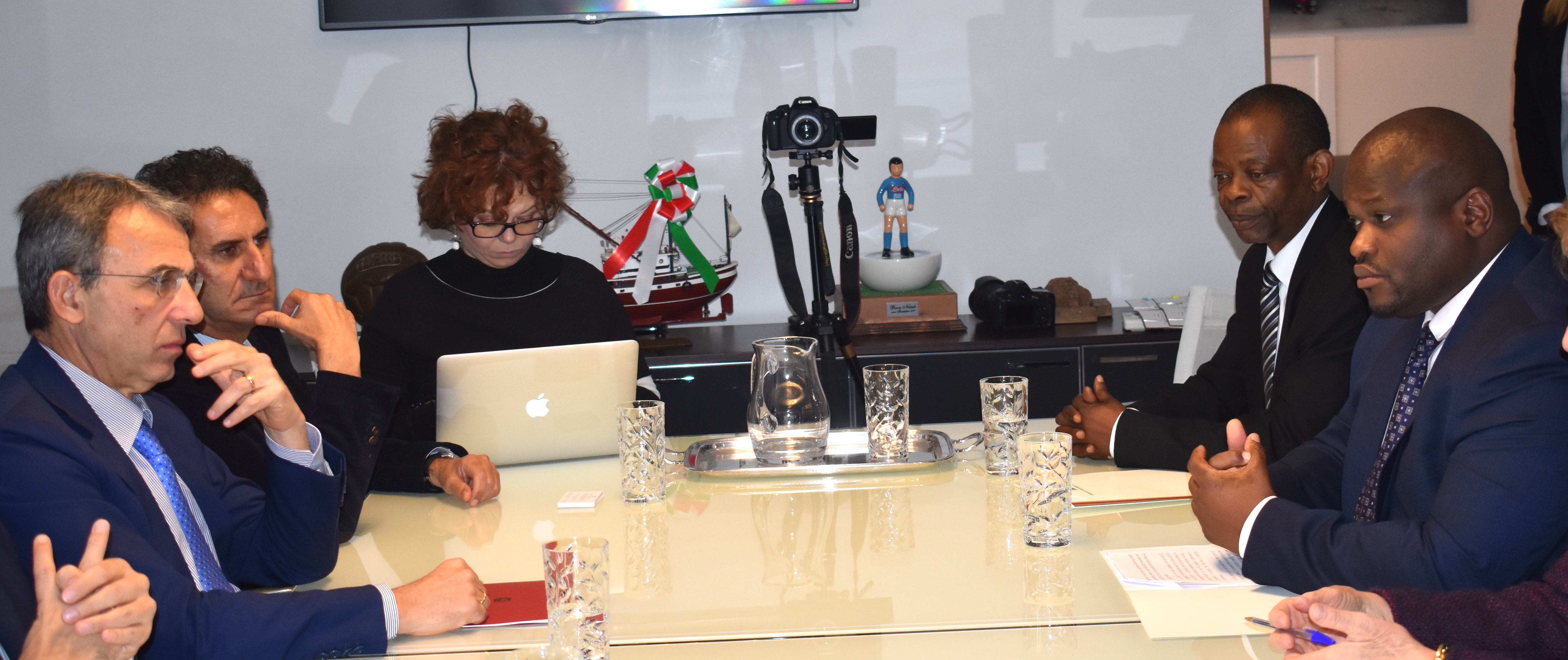
2. Minister Alexander Chiteme -right- and Italian Minister Sergio Costa -left-, amb. Dr Joseph Katema and Director General Francesco La Camera in Rome Italy 30-11-2018. Pic Chibaula Silwamba
Now, back to the gist of the issue, I agree with my colleague who says that ZNBC no longer enjoys monopoly of audience figures based on the fact that, it is no longer the only channel with a national outlook.
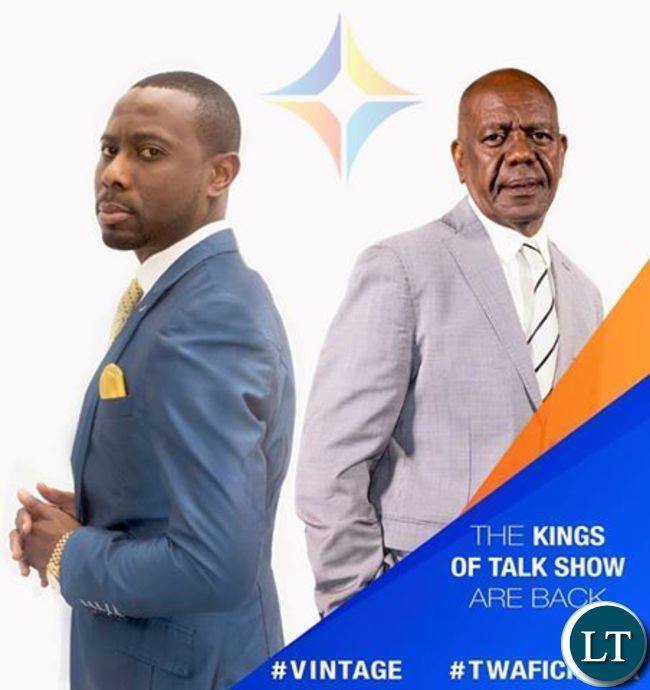
Costa Mwansa and Frank Mutubila launched Diamond TV
In my opinion, ZNBC today has to fight for the same audience share with Prime TV, Diamond, Chipata TV, Solwezi TV and Muvi – talking about Muvi TV, I sympathy with the reduction in audience figures after going it solo, but I am glad they jumped onto the bandwagon and can now also claim a share of the audience that the other channels are fighting for.
This debate on audience politics reminds me of the status that was bestowed upon my employers the University of Zambia some decades ago as the highest Institution of Learning. Currently, it doesn’t even make sense to refer to UNZA as the highest Institution of learning because so many other Universities have cropped up offering the same degrees and sometimes using the same staff. Perhaps to set itself apart, UNZA could ride on its international outlook, recognition and the fact that its graduates have a chance to use their degrees anywhere in the world which more than three quarters of private Universities have not managed to secure.
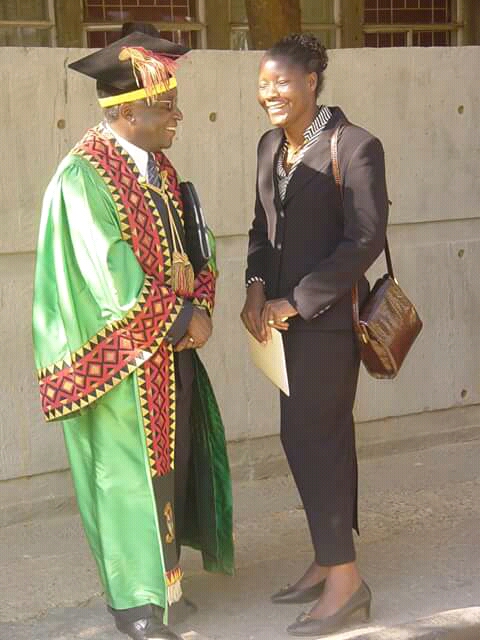
Forum for Democracy and Development President Edith Zewelani Nawakwi with Dr. Jacob Mwanza UNZA – Picture by Derrick Sinjela
Back to ZNBC, whilst UNZA still has some rope to thrive on, I am of the opinion that ZNBC unlike UNZA is in serious competition. Making this worse, is that the broadcaster is not only fighting fellow TV stations but is also fighting the shift of revenue by advertisers from traditional media to digital spaces.
If you ask me whether ZNBC will close “shop” with the perceived challenges, my answer will be a definite “NO” because unlike private media stations, ZNBC is heavily funded by the tax payers through the TV levy and government grants. I am also of the opinion that ZNBC staff are better trained and remunerated hence more motivated and driven than many employees from private media stations.
However, I foresee the corporation struggling for advertisers, based on dwindles in audience shares as a result of a rush to attract audiences and advertisers who more than ever before have a wide choice in terms of which station to watch and place adverts respectively.
To stay relevant though, ZNBC has no choice but to provide “quality programming” to its audiences.

Brendah Bukowa
BRENDA BUKOWA is a LECTURER, RESEARCHER and MEDIA CONSULTANT at the University of Zambia in the Department of Media and Communication studies. She is also a PhD RESEARCH FELLOW at the University Of KwaZulu-Natal under the auspices of the South African National Institute for the Humanities and Sciences (NIHSS). For comments, call/WhatsApp +260975280558.
Derrick Sinjela It is a Herculean task, solution is ZNBC being inclusive in coverage and news angles. I suppose, most journalists would rather earn free money with little impact. Imagine, ba Brendah Bukowa, how many people does ZNBC employ to have such a drab news content?

Brian Mwale
Brian Mwale Derrick Sinjela You have issues. Ufunika mapempelo. Brendah Bukowa’s article is looking at totally something else.

Marvin Lee
Marvin Lee Ask Lungu n da pf about that cox fa rest of the country we re not mad 4 us to be watching deend bc never…. Derrick Sinjela MISA Zambia State of the Zambian Media, baba I have a right as a Tax Payer and Citizen, that is if ZNBC is truthfully a Public broadcaster. What will liberate ZNBC is The Truth as telling it as is will make our facility people centered and not at the mercy of a few!
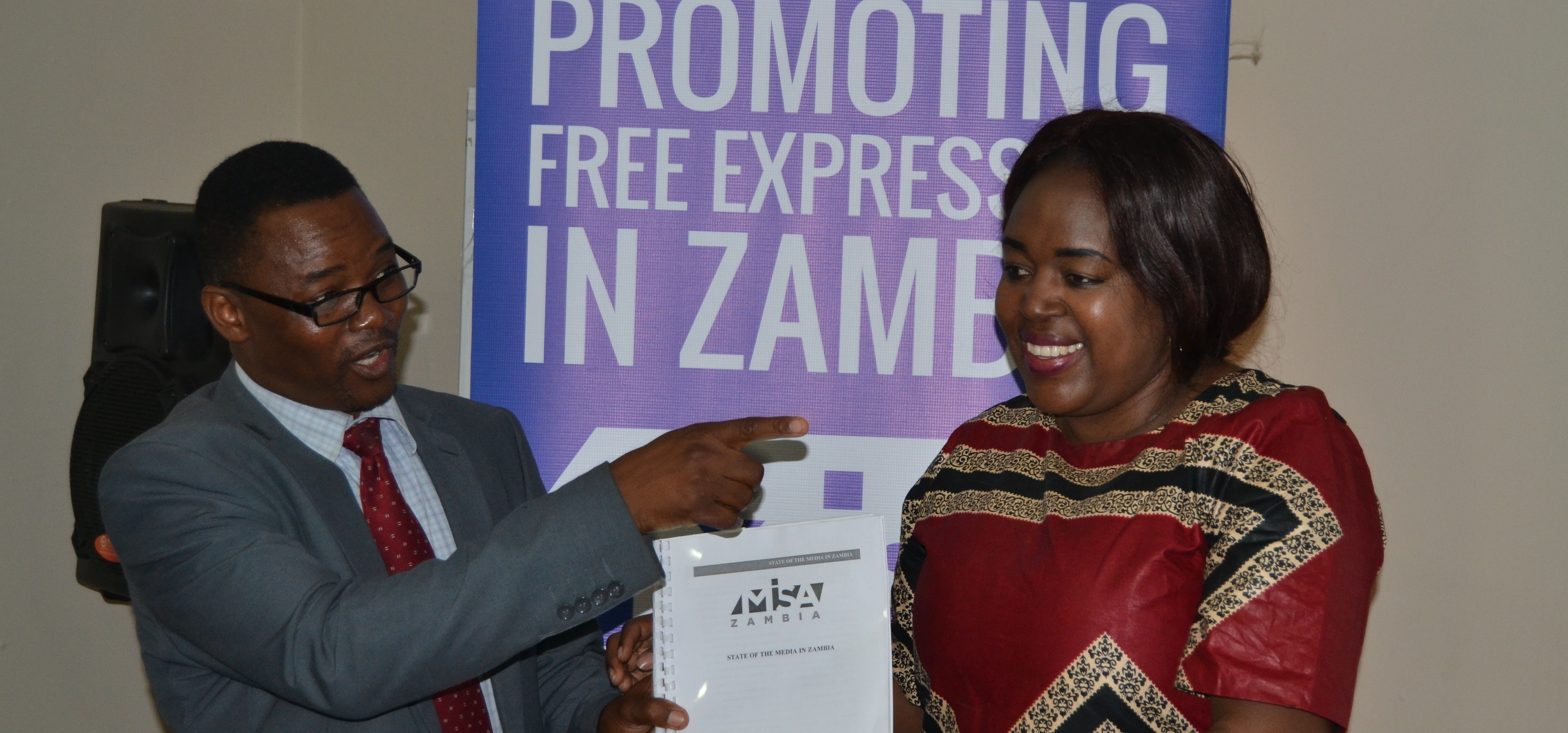
MISA Zambia Vice Chairperson Hyde Haguta with Friedrich Ebert Stiftung Programme Manager National Project Lady Kathy Short



